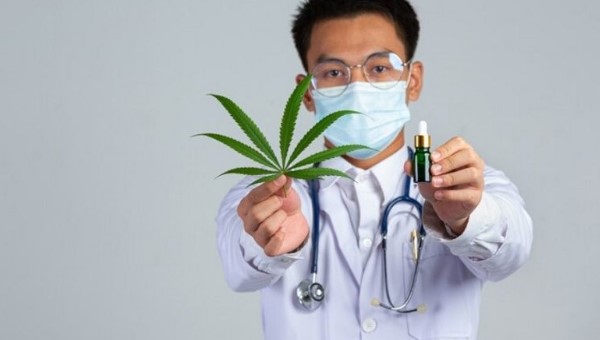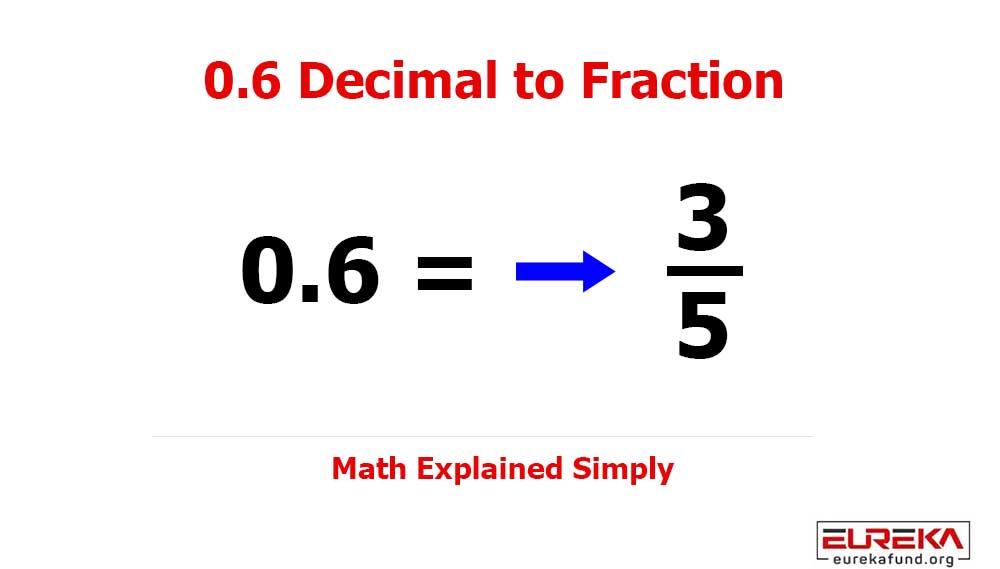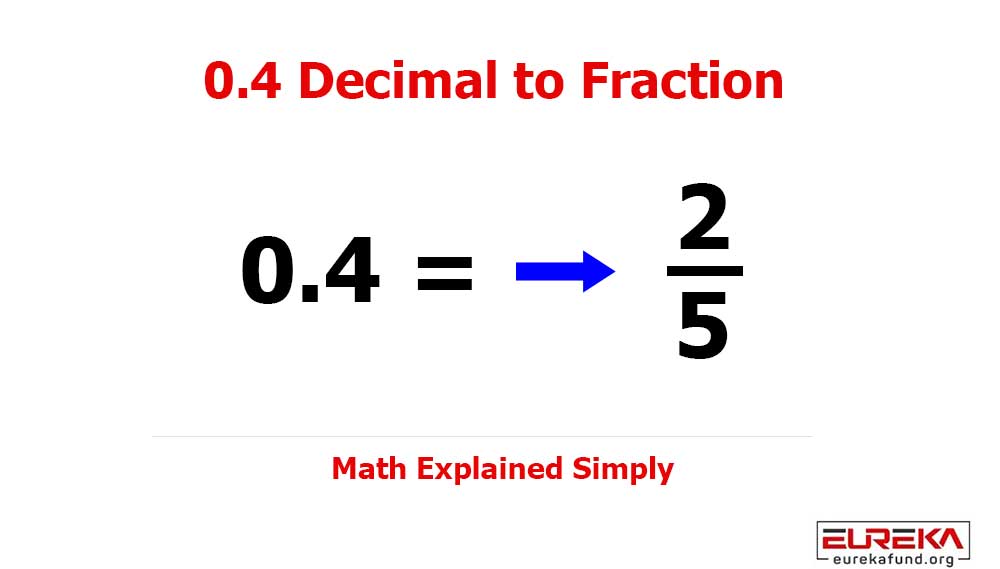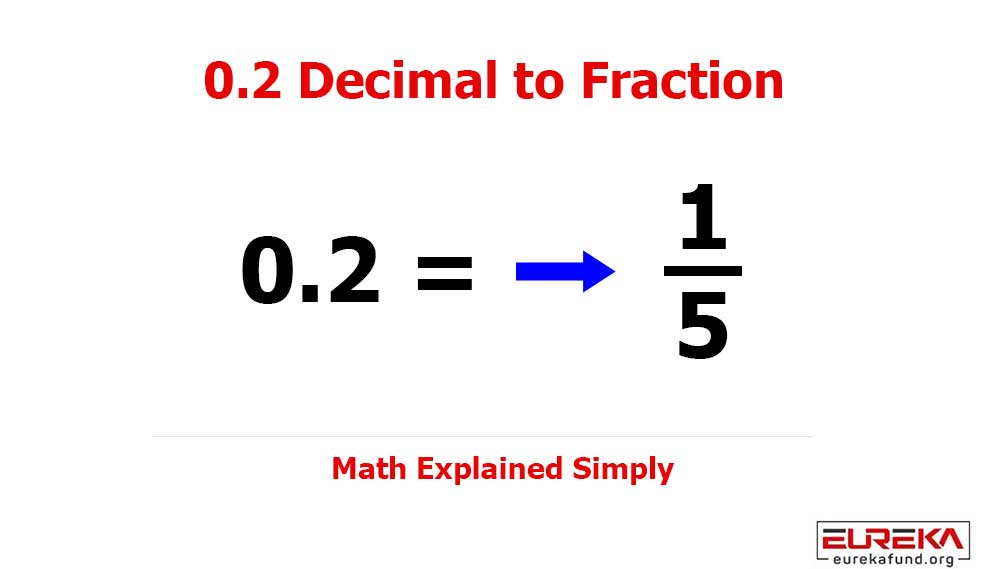In the world of natural wellness, CBD, short for cannabidiol, has taken center stage. However, one pressing question lingers for many: What’s the waiting time for CBD to kick in? The answer to this query is anything but one-size-fits-all, as it hinges on an array of factors. From the method of intake to individual disparities like metabolism and tolerance, the onset time of CBD is a multifaceted puzzle.
In this guide, we’ll embark on a journey to uncover the nuanced factors shaping the timeline for CBD’s effects. Whether you’re a CBD novice or a seasoned user, this exploration will provide valuable insights to ensure a personalized and effective CBD experience.
Factors Influencing CBD Onset Time
The onset time of CBD can be influenced by several factors, each of which contributes to the complexity of this issue:
Method of Consumption
The method by which you consume CBD plays a pivotal role in determining how quickly you’ll feel its effects. Different methods have varying onset times:
- Inhalation (Smoking or Vaping): When you inhale CBD through smoking or vaping, it bypasses the digestive system and enters your bloodstream directly through the lungs. This rapid route to circulation typically leads to a fast onset of effects, with many users reporting a noticeable change within minutes. The peak effects usually occur around 15-30 minutes after inhalation.
- Sublingual (Tinctures and Oils): Sublingual administration involves placing CBD tinctures or oils under your tongue. The sublingual glands under the tongue absorb the CBD, allowing it to enter the bloodstream relatively quickly. Users often report feeling the effects within 15-30 minutes of administration, with peak effects occurring in a similar timeframe.
- Edibles: CBD-infused edibles, such as gummies, need to traverse the digestive system before entering the bloodstream. This process can introduce a delay in onset, typically ranging from 30 minutes to 2 hours. The onset time can vary based on individual factors, including metabolism and food content.
- Topicals: CBD topicals, such as creams and balms, are applied directly to the skin’s surface. Unlike other methods, topicals don’t produce psychoactive effects and are primarily used for localized relief. However, they tend to have a slower onset compared to inhalation or sublingual methods.
Dosage
The dosage of CBD you consume is a critical factor that can significantly impact the onset time. Generally, lower doses may have a more gradual onset, while higher doses can lead to quicker effects. Finding the right dosage for your specific needs is crucial for a positive CBD experience.
Individual Differences
Individual variations play a substantial role in how long it takes for CBD to kick in. These differences include:
- Body Weight: Heavier individuals may require higher doses of CBD to experience the same effects as lighter individuals. Consequently, a higher dosage could potentially lead to a longer onset time.
- Metabolism: The speed at which your body metabolizes substances can influence the onset time. Those with faster metabolisms may process CBD more quickly, resulting in a shorter time to onset.
- Tolerance: Regular CBD users might develop a tolerance over time, which could necessitate higher doses to achieve the desired effects. Tolerance can impact both the onset time and the overall effectiveness of CBD.
Specific Onset Times for Different Methods
Inhalation Methods
- Smoking CBD: Smoking CBD-rich flower or concentrates delivers a rapid onset of effects, with many users reporting a noticeable change within minutes. Peak effects are typically reached within 15-30 minutes.
- Vaping CBD: Vaping offers a faster onset than smoking, often within minutes. However, it’s crucial to be cautious about potential risks associated with vaping, such as lung-related issues.
Sublingual Methods
Tinctures and Oils: Sublingual consumption is known for its relatively quick onset, with effects often noticeable within 15-30 minutes.
Edibles
CBD Gummies and Edibles: Edibles generally have a delayed onset, typically taking 30 minutes to 2 hours to kick in. The phrase “fully kick in” can vary based on individual factors, including metabolism and dosage. The gradual onset can make it challenging to gauge the right dosage, and patience is key when using edibles.
Topical Application
CBD Topicals: CBD topicals do not produce psychoactive effects and are primarily used for localized relief. They have a slower onset compared to other methods, and their effects depend on factors like skin absorption and the specific product used. Users should be prepared for a more gradual experience.
Dosage and Individual Differences

- Finding the Right Dosage: Determining the ideal CBD dosage involves experimentation. It’s advisable to start with a low dose and gradually increase it until the desired effects are achieved. Keep in mind that lower doses often lead to a slower onset.
- Body Weight and Metabolism: Body weight and metabolism can vary from person to person, and they can influence both the dosage required and the onset time. Heavier individuals may need more CBD, while those with faster metabolisms may experience quicker onset times.
- Tolerance and Previous CBD Use: If you’re a regular CBD user, you might develop a tolerance over time. This tolerance can lead to a longer onset time and require higher doses for desired effects. It’s essential to be aware of your tolerance level and adjust your CBD intake accordingly.
Tips for Predicting CBD Onset
- Maintaining a journal can help you track your experiences with different CBD products, methods, and dosages. This record can be invaluable for finding the right routine for your needs.
- If you’re using CBD for specific medical conditions, or if you have concerns about its effects, consider consulting a healthcare professional. They can provide tailored guidance based on your health and wellness goals.
- Especially if you’re new to CBD, it’s advisable to begin with small doses and gradually increase them. This approach allows you to gauge your tolerance and find the minimum effective dose.
Conclusion
The onset time of CBD depends on factors like consumption method, dosage, and individual variations. Inhalation and sublingual methods work faster (15-30 minutes), while edibles and topicals take longer (up to 2 hours). Finding the right dosage is key, influenced by factors such as body weight and metabolism. Tolerance from regular use can also impact onset time. To enhance your CBD experience, keep a journal, consult a healthcare professional if needed, and start with small doses, gradually adjusting as required to achieve desired effects.




